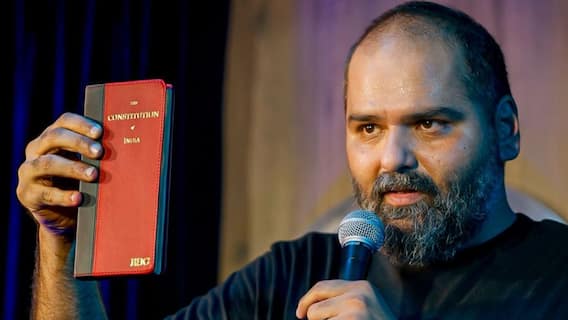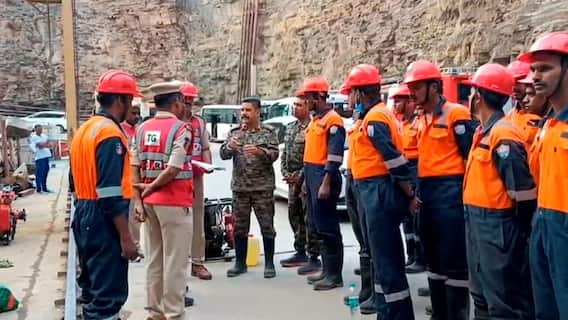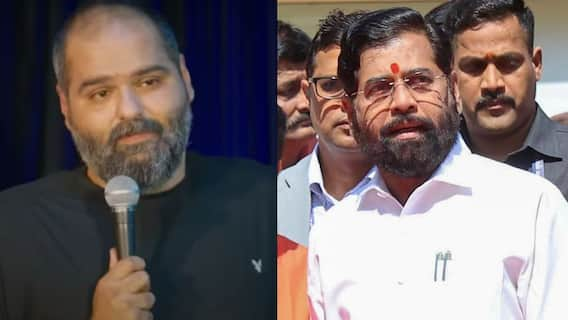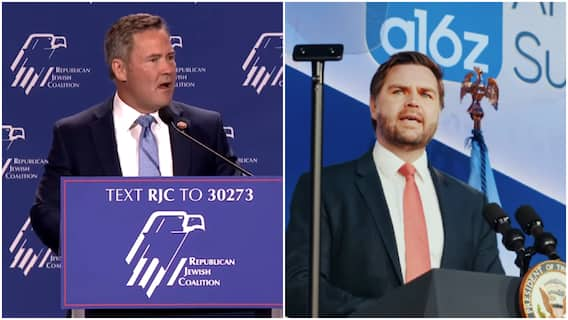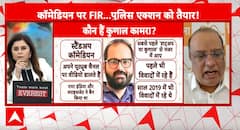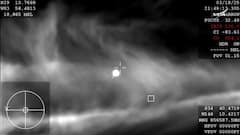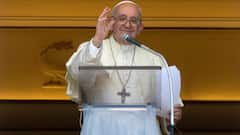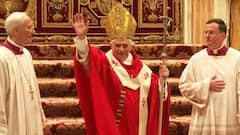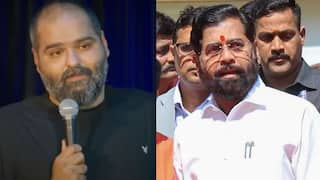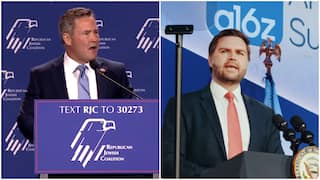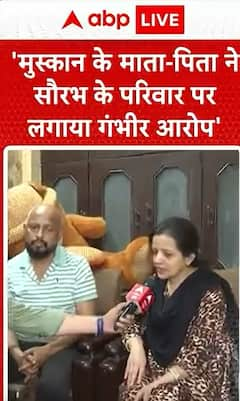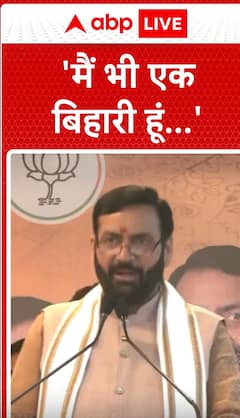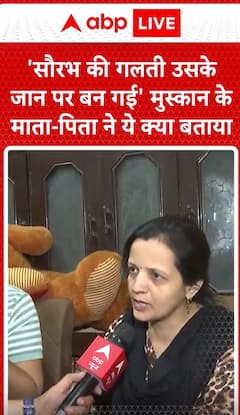Toshakhana Case: Former Pakistan PM Imran Khan Challenges His Conviction In Islamabad High Court
The plea was filed in the court by advocate Khawaja Haris and Barrister Gauhar on behalf of PTI chief Imran Khan.

Former prime minister of Pakistan Imran Khan, who is currently imprisoned in Attock Jail in Punjab province after his arrest in the Toshakhana corruption case challenged his convictio and three-year sentence in the Islamabad High Court (IHC) on Tuesday, reported the local media house ARY News. The plea was filed in the court by advocate Khawaja Haris and Barrister Gauhar on behalf of the Pakistan Tehreek-e-Insaf (PTI) chief Imran Khan.
The plea states that the decision of the trial court in the Toshakhana corruption case is against the law and should be declared illegal. It also requests the court to release Khan till the decision on the appeal is pending and suspend the current sentence, reported the news outlet.
Khan, 70, was arrested from his home in Lahore on Saturday after an Islamabad trial court held the PTI chief guilty of "corrupt practices" in the Toshakhana corruption case and sentenced him to three years in prison.
The court also imposed (PKR) 100,000, fine Khan and declared him ineligible to hold public office for five years.
The Toshakhana case became a political issue after the Election Commission of Pakistan disqualified the former prime minister and PTI Chief Imran Khan for making "false statements and incorrect declaration".
What Is Toshakhana Case?
In 1974, a department that stores gifts and other expensive items received by public officials was established by the name Toshakhana. It is mandatory for officials to report the gifts and other such materials received by them to the Cabinet Division. However, the president and the prime minister are exempt and can keep gifts that cost less than Pakistani Rupee (PKR) 30,000.
The controversy arose when Imran Khan, who came to power in 2018, refused to disclose details of the presents he received during his tenure as the prime minister to a journalist who had sought the information under the Right To Information (RTI) act. Khan resisted disclosing details on the grounds that doing so would severely impact relations with other countries.
Trending News
Top Headlines







